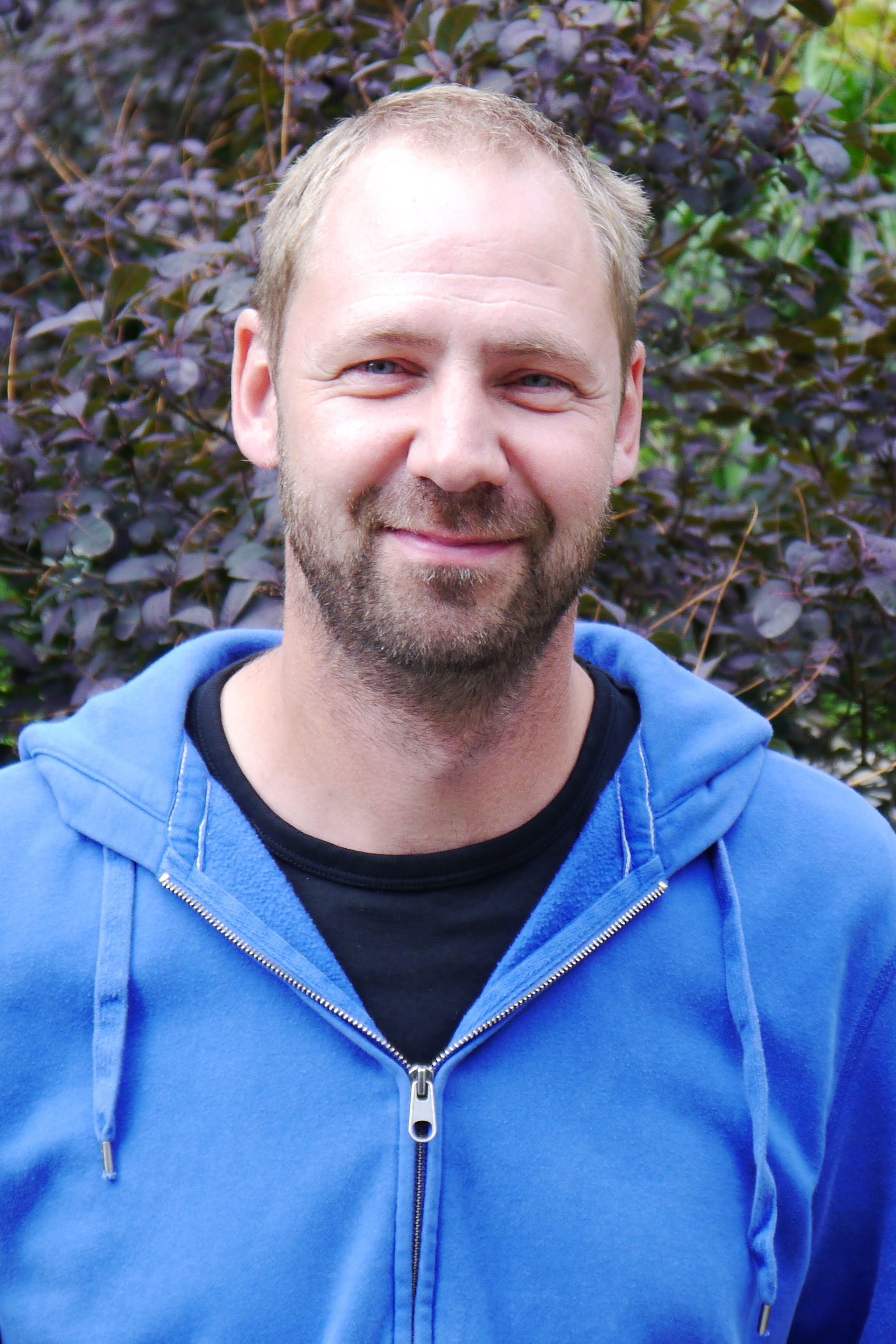Work programme 2013
Arrival of all participants in Tartu, Estonia
Accommodation in the dormitory of the Estonian University of Life Sciences (Kreutzwaldi 52, Tartu)
Morning:
- Programme and organization (v. Wrangell) and
- Introduction in the topic of the IP “Soil & Water” (Kazda, Reintam) (1 h)
- Basic Introductions to soil water relations (Kazda) (2 h)
Afternoon:
- Practical works. Collecting samples for laboratory works outside (Reintam, Kazda, Wrangell, Muhle) (in one group) (2 h)
- Seminars related to soil water relations (2 h)
Morning:
- Estonian soils and nature (Reintam) (2 h)
- Protection and sustainable use of soils (Astover) (2 h)
Afternoon:
- Soil degradation (Reintam) (1 h)
- Practical works related to soil degradation and soil water in laboratory (half of group) / soil description and classification (second half of the group) (Reintam, Kazda, Wrangell, Muhle, Picek, Urbanova) (3 h)
- Preparation: presentation of the results of the practical work (0.5 h)
Morning:
- Practical works related to soil degradation and soil water in laboratory (half of group) / soil description and classification (second half of the group) (Reintam, Kazda, Wrangell, Muhle, Picek, Urbanova) (3 h)
- Interactions in plant-soil-systems (Astover) (1 h)
Afternoon:
- Soil compaction (Reintam) (1 h)
- Plant stress biology (Kazda) (1 h)
- Seminars related to plant stress and soil degradation/compaction (2 h)
- Presentation of the results of the practical work (0.5 h)
Morning:
- Half day excursion to Järvselja (related to measurements of greenhouse gases, plant stress) (Niinemets)
Afternoon:
- Plant growth in wetlands (Kazda) (2 h)
- Wetlands and carbon cycling (Urbanova) (2 h)
Full day excursion – different types of wetlands in South Estonia, collecting samples
Morning:
- Experimental climate change (Reiter) (2 h)
- Soils and ecosystem dynamics I (Picek) (2 h)
Afternoon:
- Soils and ecosystem dynamics II (Picek) (1 h)
- Taxonomy and ecology of wetland organisms (Muhle) (2 h)
- Seminars (1 h)
Free day, facultative tour through the historical city center of Tartu
Morning:
- Introduction in soil zoology (Wanner) (2 h)
- Soil degradation, disturbance, and organismic succession (Wanner) (1 h)
Afternoon:
- Soils under drought (Baldy) (2 h)
- Secondary metabolism of plants - importance and functions (Fernandez) (1 h)
- Seminar related to soil zoology (2 h)
Full day excursions: degradation and protection of soils
First day: oil shale mining area in North-East Estonia, power plant area – degradation and restoration of landscape, forest, agricultural area. Visiting mining museum of Kohtla-Järve (underground)
Staying overnight in Toila camping area
Full day excursions: degradation and protection of soils
Second day: North coast of Estonia – limestone cliffs, national park Lahemaa, visiting Palmse manor (cultural activity)
During excursion collecting samples of soil zoology for laboratory examinations
Morning:
- Allelopathy (Fernandez) (2 h)
- Practical work at laboratory: one group soil animals / second group plant physiology (Wanner, Kazda, Reintam, Fernandez, Wrangell, Muhle, Picek, Urbanova) (2 h)
Afternoon:
- Practical work at laboratory: one group soil animals / second group plant physiology (Wanner, Kazda, Reintam, Fernandez, Wrangell, Muhle, Picek, Urbanova) (2 h)
- Litter decomposition (Baldy) (2 h)
- Seminars and presentation of the results of the practical work (1 h)
Morning:
- Synthesis from Erasmus IP “Soil & Water” (all teachers and students) (2 h)
- Outlook for the activities 2014 (v. Wrangell, Reintam, Reiter) (2 h)
Afternoon:
- Mobility within Erasmus programmes (v. Wrangell) (1 h)
- “Why should you go to ... as an Erasmus-student?” (students) (2 h)
Evening:
- Farewell party
Departure
Contact
- Dr. Philipp von Wrangell
- philipp.wrangell(at)uni-ulm.de
- **49-(0)731-5023930
- **49-(0)731-5023932


This project has been funded with support from the European Commission.
This publication reflects the views only of the author, and the Commission cannot be held responsible for any use which may be made of the information contained therein.
Dieses Projekt wurde mit Unterstützung der Europäischen Kommission finanziert. Die Verantwortung für den Inhalt dieser Veröffentlichung trägt allein der Verfasser; die Kommission haftet nicht für die weitere Verwendung der darin enthaltenen Angaben.
